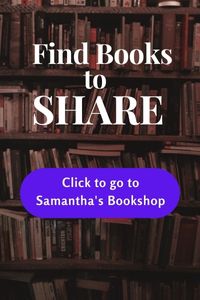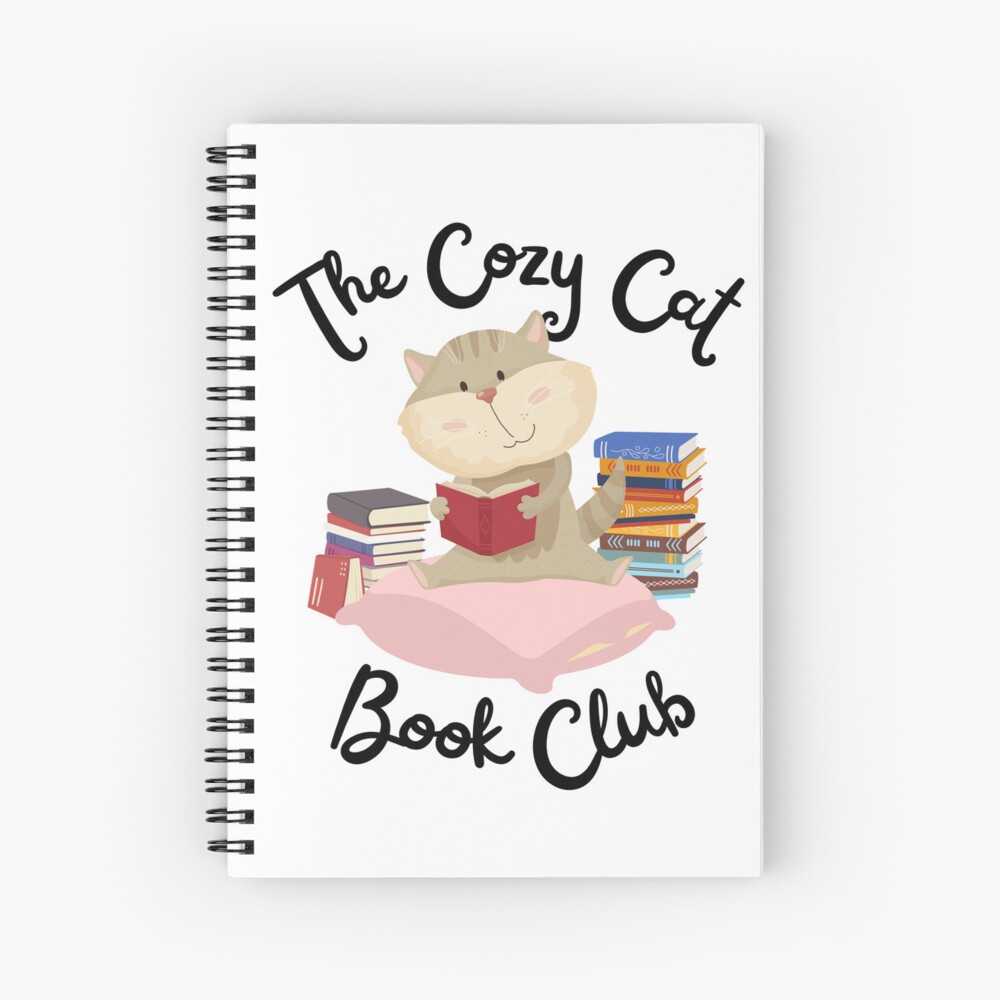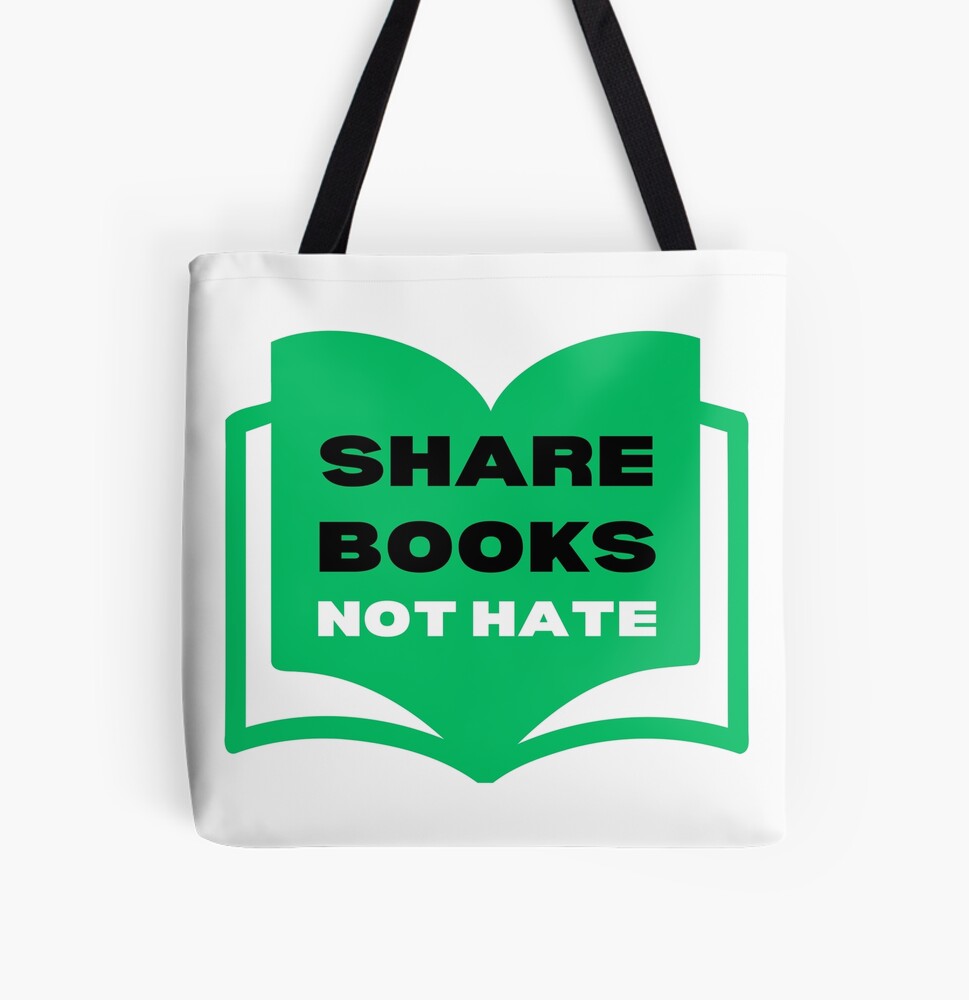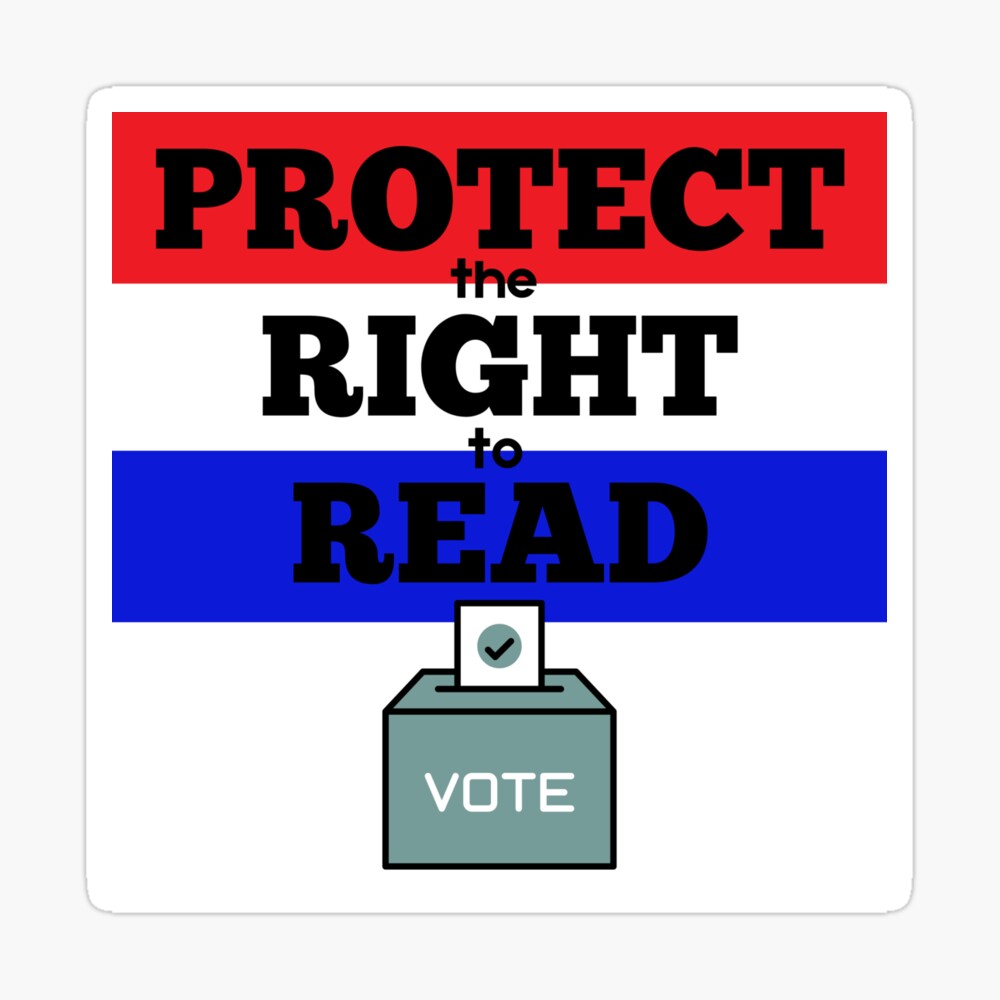Book banning is on the rise, even breaking records for the number of books being banned. But the books that are being banned are ones that SHOULD be on your radar for a number of reasons.

Even our dogs read banned books.
First, a little history of book banning and why it even has its own special week. Banned Books Week was started in 1982 after the number of books being challenged in schools, bookstores and libraries swelled. Challenged books are ones that have received requests for removal from, for example, a school, library or bookstore. With the number of challenged books getting larger, the American Library Association Office for Intellectual Freedom created a database in 1990 on information about books that have been challenged. The database is sourced from media reports as well as the Office’s own challenged books report form. They have an annual list of the Top Ten Most Challenged Books from that year. In 2022, the total books challenged was more than 1,200! That’s more than four times the number of challenged books just 6 years before.
You might think, “Hey, with that many challenges, maybe there’s something in this whole banning books thing…” So, here’s my own top 10 list, with reasons why we SHOULD read banned books (or not try to ban them in the first place).
10. Banned books have amazing stories.
Some of my favorite books are banned books. I love OUT OF DARKNESS by Ashley Hope Pérez; MELISSA (previously published as GEORGE) by Alex Gino; SPEAK by Laurie Halse Anderson; the HARRY POTTER books by J.K. Rowling; and the graphic novel DRAMA by Raina Telgemeier. But all of these books have been on the top ten banned book lists for many years. They were all banned for a variety of reasons, including featuring LGBTQ+ characters, referring to magic, and having depictions of abuse. But you should read them because they all have wonderful characters, are filled with heart, and offer us different perspectives.
9. Banned books are well written.
All the books I mentioned above are well written. In fact, OUT OF DARKNESS was a Printz Honor Book and SPEAK was a National Book Award Finalist. Books by such acclaimed and award-winning authors as Jason Reynolds, John Green and Toni Morrison are also on the top ten lists of challenged books. The beauty of their words should be enjoyed by everyone. (I will add that FIFTY SHADES OF GREY was challenged for being “poorly written” in 2015, among other things, but I haven’t read the book so can’t comment there…)
8. Banned books help us understand other cultures.
I didn’t grow up in Iran in the Islamic Revolution, but Marjane Satrapi did, and through her wonderful graphic novel memoir PERSEPOLIS, I can see a glimpse of what it was like. The book was in the top ten list of challenged books in 2014 for “gambling, offensive language, political viewpoint … politically, racially, and socially offensive … graphic depictions.” It’s also about Marjane Satrapi’s real life, and while it might be difficult to read, it can help us understand.

Our banned books are even favorites of our zombie dog toy.
7. Banned books inspire us with true stories.
Anyone who saw the news between 1991 and 2009 would’ve heard about Jaycee Dugard, the 11-year-old girl who was kidnapped when she was walking home from school and kept hidden behind the house of sexual offenders for years until she was finally–and thankfully–rescued. The story was big news, with articles in magazines, newspapers, TV, etc. In 2011, Jaycee Dugard’s memoir A STOLEN LIFE was published, and while people who followed the story already knew most of what was in it, reading the words from her is more heart-breaking and inspiring than any TV interview. A STOLEN LIFE was on the top ten most challenged books list in 2014. The reasons for the challenge were that the book included “drugs/alcohol/smoking” and “offensive language”, and was “sexually explicit” and “unsuited for the age group”. But the truth is that, as much as people want to wish that things like this don’t happen, the book tells a TRUE story that happened to an 11-YEAR-OLD GIRL. And Jaycee Dugard isn’t the only victim of acts like these. The strength in her words can inspire and help others, as well as build empathy and hopefully change in our whole society.
6. Banned books help us learn about people who are different from us.
I’m not transgender, but through Alex Gino‘s MELISSA (previously published as GEORGE), I can get to know their challenges, wants, needs, etc. MELISSA was in the top ten list from 2016 to 2020 and was challenged “because it includes a transgender child.” But that’s the point of the book. Sure, not every kid in the world is transgender, but some are. They should be able to read stories about children like themselves, and those of who aren’t transgender should read their stories too. Reading about people who are different from us builds understanding and breaks down walls that divide us. (Spoiler alert: we’re not really that different afterall.)
5. Banned books reflect humanity.
Rainbow Rowell‘s brilliant ELEANOR & PARK was challenged in 2016 for “offensive language”, but the characters within it and the situations they have to deal with–as despairing as they are–are true to our world. After reading the book, a close friend of mine even said his childhood could’ve been a model for Eleanor’s life. The truth is that offensive language exists in the world, and teens (the book was written for young adults) are going to hear curse words around them too.
 4. Banned books bring light to the marginalized.
4. Banned books bring light to the marginalized.
The majority of challenges involve marginalized people, especially “LGBTQ+ characters”. In 2021, 5 of the top 10 most challenged books had this complaint, including the top 3 titles: GENDER QUEER by Maia Kobabe, LAWN BOY by Johnathan Evison, and ALL BOYS AREN’T BLUE by George M. Johnson. The people who challenged these books might not be LGBTQ+, but they’re not the only ones who read. I have lots of LGBTQ+ friends who love books, and if non-LGBTQ+ people have books that reflect their lives, why shouldn’t LGBTQ+ people too? Not to mention the fact that reading these books about marginalized people also fall into my reasons 10, 9, 8, 7, 6, 5, and 3, so…
3. Banned books start conversations.
You might be seeing a pattern here. The books that are being banned are often about people who are marginalized, deal with themes of abuse or racism, or have language parents might not want their children to see. But what’s better: Hiding teens from people who are different from them or situations that are uncomfortable? Or reading books that open up avenues for conversations about difficult issues–issues they are going to face in the world.
2. No one other than you should decide what you can or can’t read.
The wonderful thing about a democratic society is I get to vote for whomever I want, eat at whichever restaurant I want, watch whatever movie I want, buy whichever type of cookies I want… Imagine if you went into your local grocery store and someone had removed all the chocolate, or said you could only eat broccoli from now on? That’s essentially what’s happening with book banning. Books are being taken off shelves because of complaints by one or a handful of people. But if those people don’t like the books, they can choose to not read them. And they can keep them from their children. They should NOT have the books removed from everyone. Big collections at libraries and bookstores are like democracy at its best, and who doesn’t want democracy?
1. Banned books should never have been censored in the first place.
Yes, that’s right. Banning books is censorship, and censorship is against the First Amendment. Freedom of Speech isn’t about protecting one type of opinion; it’s about protecting EVERYONE’S right to speak up. I’ll be the first to admit that I don’t agree with the content in many, many books (that’s a whole other blog post), but just because I don’t like it doesn’t mean someone else shouldn’t read it. You know what was the No. 6 most challenged book in 2015? THE HOLY BIBLE. Yep, people objected to its “religious viewpoint.” But just because those people don’t like what the BIBLE says, does that mean it should be banned for everyone else?
So, for these reasons, I read banned books. The librarians, booksellers and school principals who are working to fight book banning need our support. Because if we don’t show that OUR opinions matter as much as those who don’t like certain books, we could lose our voices all together.
Want to know more? Read my Book Banning FAQ.
And if you want to show people you like to share books not hate, check out my T-shirts, hoodies, tote bags and more.








6 Responses
So awesome, I love this 🙂
Thank you! 🙂
Thank you for sharing .
Most of the books listed were a surprise. While I have read several those I have not read are added to my future reads.
Glad to hear it!
Love this! Harry Potter was a favorite for me and my kids!
One of my favorites too, Laura. A great series.